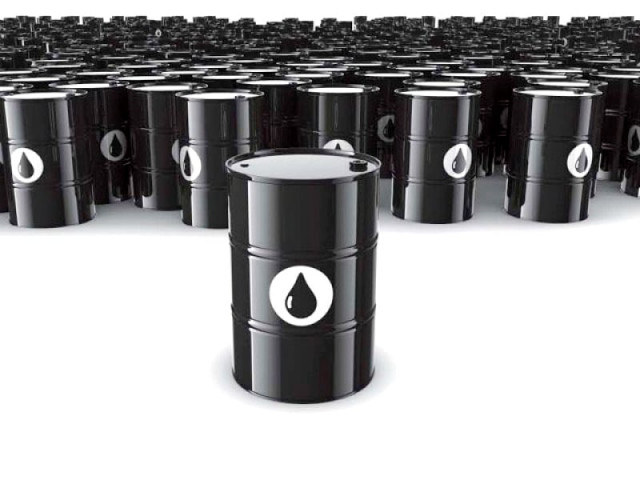Oil prices fall ahead of ECB meeting, US supply report
US crude reserves likely rose 2.7 million barrels to 390.5 million barrels, according to a median estimate

- Oil prices edged lower in Asia Thursday as dealers await a much-anticipated European Central Bank
US benchmark West Texas Intermediate (WTI) for delivery in March fell 36 cents to $47.42 while Brent for March eased 13 cents to $48.90 in late-morning trade.
Daniel Ang, investment analyst at Phillip Futures in Singapore, said "high volatility is expected due to the ECB meeting and energy inventory results".
Expectations are high that the Thursday meeting of the ECB will see it unveil a programme of asset-purchasing, or quantitative easing (QE), similar to that recently ended in the United States.
Speculation has been rife for several months that more stimulus would be announced as inflation continues to weaken -- last month prices actually fell in December for the first time in five years.
"If the ECB decides to move ahead with their QE programme, the euro will weaken. The effects of a weaker euro will trickle down to crude oil as it makes it more expensive for European countries to purchase," Ang said in a commentary.
"However, in the longer term, if this results in the recovery of the eurozone, it would most definitely help improve crude demand to the region," he added.
Official US stockpiles data for the week to January 16 will be released by the US Energy Department later Thursday, a day later than usual due to a public holiday on Monday.
US crude reserves likely rose 2.7 million barrels to 390.5 million barrels, according to a median estimate of analysts surveyed by Bloomberg News.
Oil prices have lost more than half their value since June, when they sat at more than $100 a barrel.
The fall was exacerbated at the end of November when the Organization of the Petroleum Exporting Countries (OPEC) said it would maintain output levels, despite the already low price and ample supplies.



















COMMENTS
Comments are moderated and generally will be posted if they are on-topic and not abusive.
For more information, please see our Comments FAQ